The high and increasing degree of networking of intelligent vehicles with each other and with their environment within the framework of an Automotive Cyber System (ACS) enables novel applications, but is also accompanied by new threats from attackers. Secure networking and secure access to all relevant system components or data are consequently becoming the decisive factors for the entire vehicle infrastructure and the confidence of vehicle occupants. It can be assumed that stakeholders or even the intelligent vehicles themselves will increasingly access components, integrated software, data and functions throughout the entire vehicle lifecycle. Consequently, a growing number of stakeholders will need access to a vehicle, its infrastructure, its functions or its data. Since an ACS consists of vehicles from different manufacturers, infrastructure facilities and mobility services from different providers, an ACS is inherently very heterogeneous. What is needed, therefore, is a cooperative and holistic approach to IT security, which has been lacking in the vision of "fully autonomous driving".
The research project TRADE (TRustworthy Autonomous Driving by DEcentralised Authen-tication and Authorisation) therefore aims to develop a secure, cooperative and scalable security solution. A decentralised identity management solution is to realise a "global" standardised identity layer for an automotive cyber system. The solution takes into account the requirements of all stakeholders as well as the automotive lifecycle. The decisive management of access to the automotive cyber system is to be imposed on the respective "owner" in the corresponding partial life cycle.
By focusing on the creation of a cooperative identity management solution that includes decentralised authentication and authorisation mechanisms, the basis for an overarching security concept for ACS is created. In the context of TRADE, the functionality and resilience of the envisaged solution is demonstrated using the example of the use case "automotive plagiarism protection" based on hardware from the project partner ETO.
Video about the project on the website of the project partner ETO (Youtube-Link)
The security part of the TRADE project is led by Professor Hans-Joachim Hof. Professor Hof heads the research group "Security in Mobility" at the CARISSMA Institute of Electric, Connected, and Secure Mobility. The research group regularly offers exciting theses. If you are interested, please contact Professor Hof (hof@thi.de).
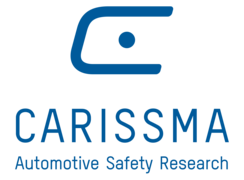
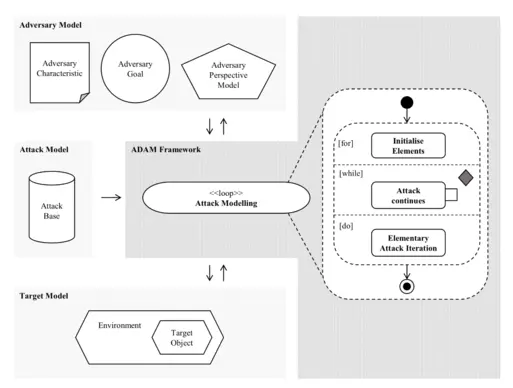
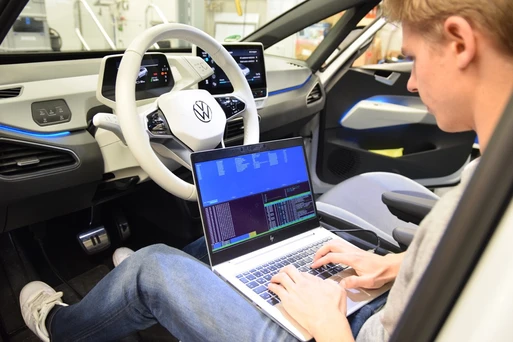
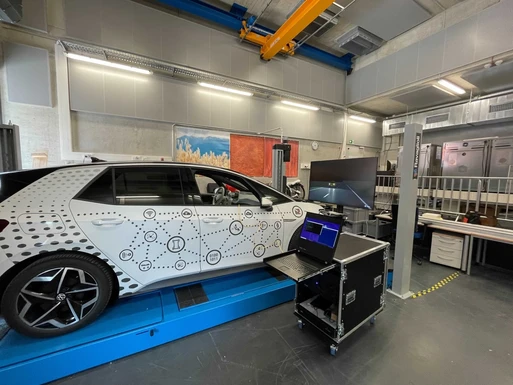
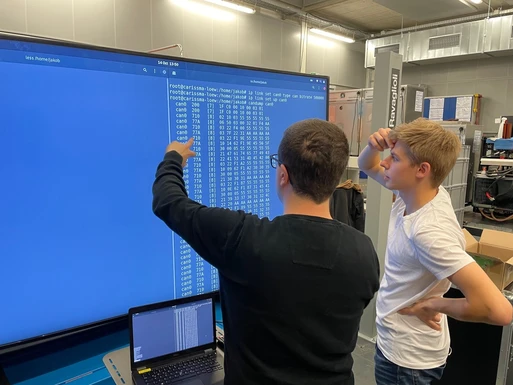

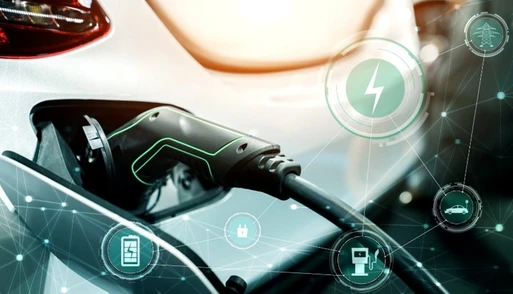

![[Translate to English:] Logo Akkreditierungsrat: Systemakkreditiert](/fileadmin/_processed_/2/8/csm_AR-Siegel_Systemakkreditierung_bc4ea3377d.webp)








![[Translate to English:] Logo IHK Ausbildungsbetrieb 2023](/fileadmin/_processed_/6/0/csm_IHK_Ausbildungsbetrieb_digital_2023_6850f47537.webp)


